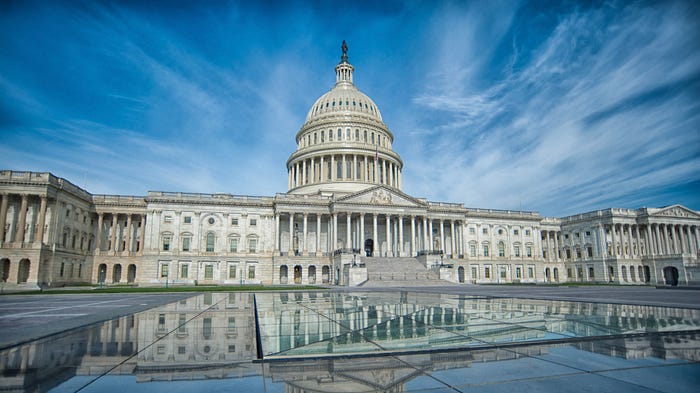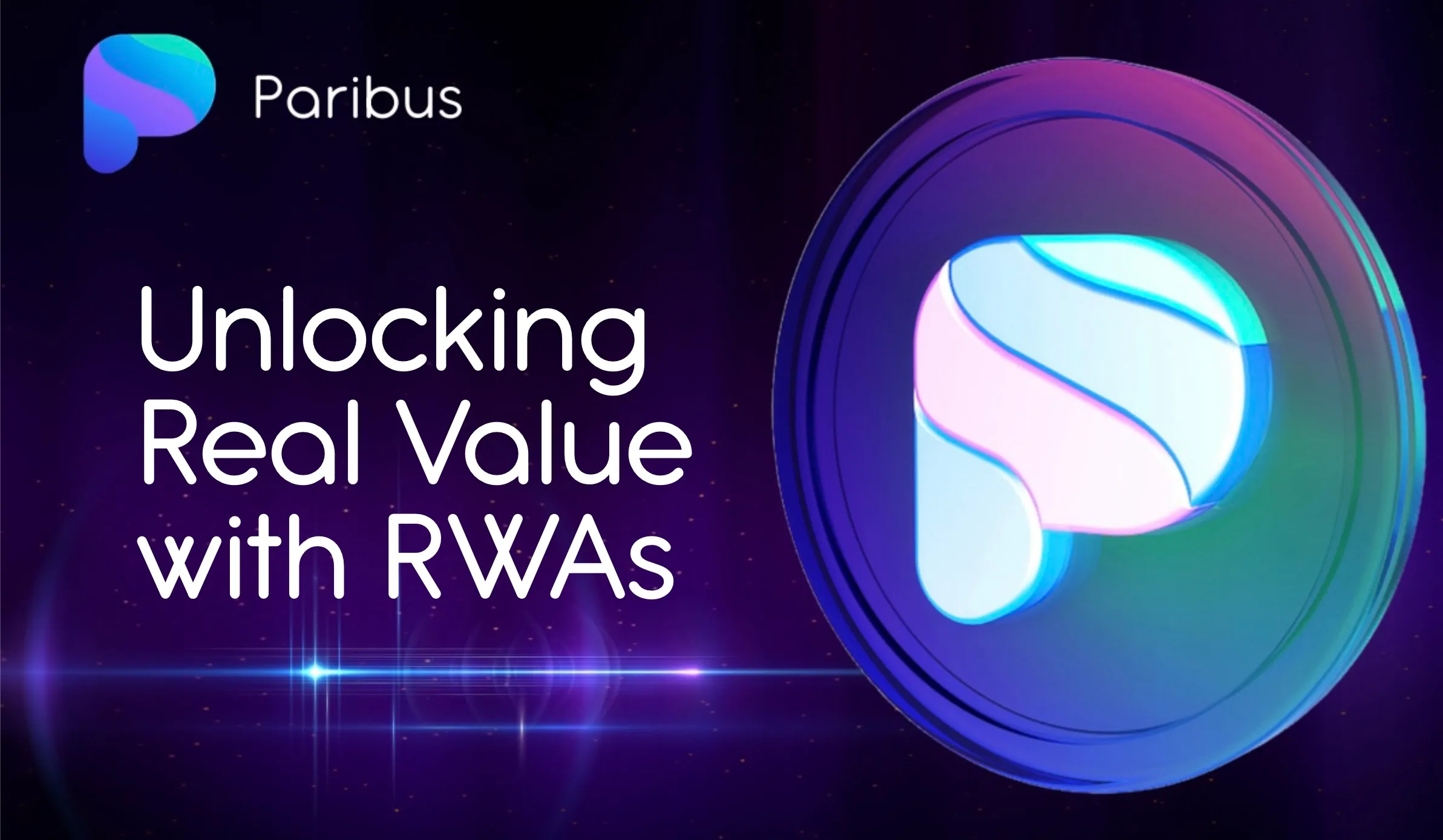SEC Wars
In a scenario reminiscent of the renowned scene in Star Wars where walls inexorably close in on Luke Skywalker and his team, Gary Gensler, Chair of the Securities and Exchange Commission (SEC), seems to be facing similarly pressing confines.

In a scenario reminiscent of the renowned scene in Star Wars where walls inexorably close in on Luke Skywalker and his team, Gary Gensler, Chair of the Securities and Exchange Commission (SEC), seems to be facing similarly pressing confines. Over the past few days, his anti-crypto war has been attacked on three fronts, all of which threaten to depose him.
Although platforms such as X have been rife with speculation regarding Gensler’s potential departure for some time, the latest developments have significant implications that might compromise his crackdown on prominent players like Coinbase and XRP. Refusing to bow down and settle, Coinbase has upped the ante by filing a series of amicus briefs, asking the judge to dismiss the case against them.
An amicus brief, or amicus curiae in Latin, literally means ‘friend of the court.’ These submissions hail from experts external to the core proceedings, aiming to provide the court with deeper insights or clarifications on the case’s technical aspects.
On the 11th of August, the salvo of briefs submitted by Coinbase included notable names such as Andreessen Horowitz, Paradigm, The Chamber of Digital Commerce, and US Senator Cynthia Lummis. However, a particularly damaging submission for the SEC emerged from a group of distinguished law professors well-versed in securities laws.

Their detailed representation highlights that precedent legislation, including the benchmark Howey Test, never deemed a scheme without a contract as an “investment contract.” They argue that this elemental component, a contractual agreement concerning future gains, has remained a defining attribute of “investment contracts.”
They state, “Not surprisingly, no decision of the Supreme Court or the Second Circuit has ever found that a “scheme” that does not involve a contract could qualify as an “investment contract.” Likewise, none of the surveyed state law cases — including those cited by Howey, 328 U.S. 298 n.4 — held that an investment contract existed without a contract undertaking regarding later proceeds. That has been the key ingredient distinguishing “investment contracts” from other arrangements since the term first appeared in the blue-sky laws, in Howey itself, and ever since then.”
Interestingly, this perspective resonates with the recent Ripple Labs vs. SEC case judgment, which the SEC is presently trying to overturn. However, this week Ripple Labs submitted a motion to deny the SEC a right to appeal this aspect of the case before a final judgment is reached on the entire case.
Should either Coinbase or Ripple Labs be successful in their defense against the SEC, this would have devastating effects on the SEC’s present path of regulation by enforcement. Both motions seek to refute the SEC’s view that digital assets are by themselves securities. Should separate judges rule against the SEC on this point, Gensler’s position would be seriously undermined.
While there’s a general perception in some quarters that the SEC might lack proficiency or comprehension of the law, it’s crucial to recognize that the SEC is far from inept. It’s plausible that they understand digital assets don’t inherently qualify as securities. This may explain why they’ve made it practically impossible for anyone to register with them.
One exception to this is Prometheum, who recently passed the registration process to become a Special Purpose Broker-Dealer (SPBD). The unusual circumstances around this approval haven’t escaped scrutiny. Patrick McHenry, Chairman of the Financial Services Committee, has penned a letter to Gensler demanding clarity on this anomaly.

He wrote, “The timing and circumstances surrounding the approval of Prometheum as the first SPBD raise serious questions. The approval comes as the Committee is considering addressing gaps in the regulation of digital assets.”
Adding, “The timing of the approval raises concerns that it was aimed at demonstrating that legislation is not needed because there is a workable regulatory framework for the custody of digital asset securities. In fact, you have touted the Prometheum approval multiple times in public statements to support your position that digital asset firms can comply with the existing regulatory framework at the SEC.”
The letter concludes, “Pursuant to the Committee’s oversight authority of the Securities and Exchange Commission, please provide all documents and communications, between and among SEC employees, related or referring to Prometheum’s application to become a special purpose broker-dealer, as soon as possible but no later than 5:00pm, August 22, 2023.”
As each week passes, time seems to be running out for the SEC’s present approach of aggressive enforcement against crypto. Should the commission need to change direction or tone, it seems highly implausible that Gensler would be able to remain as Chairman.
While some may claim that his time is already up, we have yet to see what moves he has left. One thing’s for certain, he won’t stop his attacks on crypto without a fight, but at least now, politicians and the courts are starting to take the fight to him.
Join Paribus-
Website | Twitter | Telegram | Medium | Discord | YouTube
Delegate Your Voting Power to FEED DRep in Cardano Governance.
DRep ID: drep12ukt4ctzmtf6l5rj76cddgf3dvuy0lfz7uky08jfvgr9ugaapz4 | We are driven to register as a DRep by our deep dedication to the Cardano ecosystem and our aspiration to take an active role in its development, ensuring that its progress stays true to the principles of decentralization, security, and community empowerment.DELEGATE VOTING POWER!








